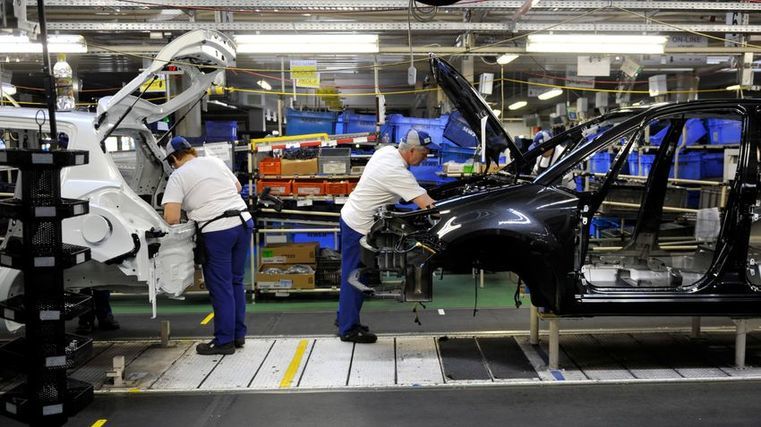Suzuki joins Russia boycott

Suzuki has suspended car exports to Russia and Ukraine from its Hungarian factory in one of the first signs of the conflict hitting the region’s broader economy.
Central Europe is facing the economic fallout that has followed Russia’s invasion on February 24, including from Western sanctions on Moscow and turmoil in global markets as investors switch into safer assets.
Suzuki exports about 10,000 cars to Ukraine and Russia annually and is trying to shift affected orders to other markets to maintain its planned production volumes.
Suzuki’s Hungarian business sold 119,098 cars in 2020, including 101,672 vehicles in foreign markets with Russia and Ukraine accounting for roughly 10 per cent of its annual exports from its factory in Hungary, pictured.
“Our company has no direct tier-one suppliers in the areas affected,” says a spokeswoman for Suzuki. “However, we are continuously monitoring the entire supply chain.” She adds the global chip shortage still represents the biggest hurdle.
The spokeswoman adds that rising energy costs and the weakening of the Hungarian forint, which is down by three per cent versus the euro this year, has an extra impact on its operations.
“We are doing our utmost to optimise our manufacturing costs. However, after a certain point, we need to reflect part of these additional costs in new-car prices.”
Honda, Toyota, Mazda, Volkswagen and Ford are among other carmakers that will no longer do business with Russia to some degree or another.
A representative from the VW Group has suspended deliveries until further notice, and they will be resumed once the implications of sanctions imposed by the EU and US are lifted.
The priority for Toyota, which has operations in Ukraine and Russia, is ensuring the safety of its workers. It will monitor the situation and make decisions as necessary.
Honda is halting the export of cars, motorcycles and other products to Russia, and Mazda has stopped shipments of automotive parts to its Sollers manufacturing in Vladivostok.
Ford has suspended its “limited operations in Russia” and is taking action to support the Global Giving Ukraine Relief Fund, while Jaguar Land Rover is also halting deliveries.
The company adds: “The current global context also presents us with trading challenges, so we are pausing the delivery of vehicles into the Russian market and continually monitoring the situation on behalf of our global customer base.”
The BMW Group is halting exports of new cars to Russia and stopping the assembly of vehicles at its local partner Avtotor’s Russian factory in Kaliningrad where it has produced more than 261,000 units since 1999.
“As a global company, the BMW Group stands for peaceful co-existence of different cultures all over the world – every day and at all locations,” it says in a statement. “The thoughts of our employees are with everyone who has to experience suffering and loss in this war.”





